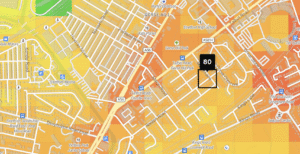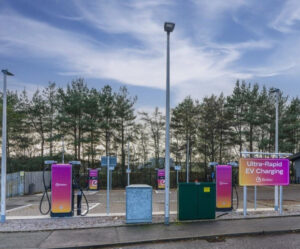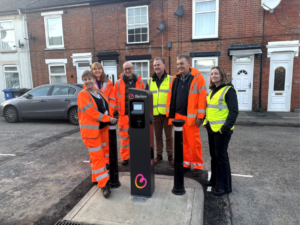Despite an increase in the number of electric and hybrid vehicles, carbon emissions from passenger cars have fallen by just 1% since 2011, according to the National Audit Office (NAO).
According to the report, average emissions from new cars in Britain fell year on year between 2011 and 2016, however, emissions increased by 6% between 2016 and 2019.
According to the NAO, this increase is largely due to an increase in the sale of SUVs, increased road traffic and revised methods for estimating carbon emissions.
Based on this, the NAO has highlighted that the UK still has a long way to go to achieve its aims of zero-carbon by 2050.
The Office for Zero-Emission Vehicles (OZEV) provides grants to encourage consumers to buy ultra-low emission cars and subsidies to fund the installation of charge-points, by March 2020, it had spent £1.1bn.
However, according to the NAO, despite its efforts, the OZEV cannot clearly demonstrate the cumulative impact the grant has had on the growth of ultra-low emission cars above and beyond what might have happened anyway.
Based on this, the NAO has recommended that OZEV, the Department for Transport and the Department for Business, Energy & Industrial Strategy (BEIS) should develop detailed plans to achieve the 2050 target, reporting progress against clear milestones at regular intervals.
Gareth Davies, the head of the NAO, said: ‘The number of ultra-low emission cars on UK roads has increased, but meeting the government’s ambitious targets to phase out new petrol and diesel cars in less than a decade still requires a major transition for consumers, carmakers and those responsible for charging infrastructure.
‘Government now has the opportunity to reflect on what has gone well and better target its interventions and spending to secure this fundamental change and deliver the carbon reduction required.’
Photo Credit – Pixabay
















